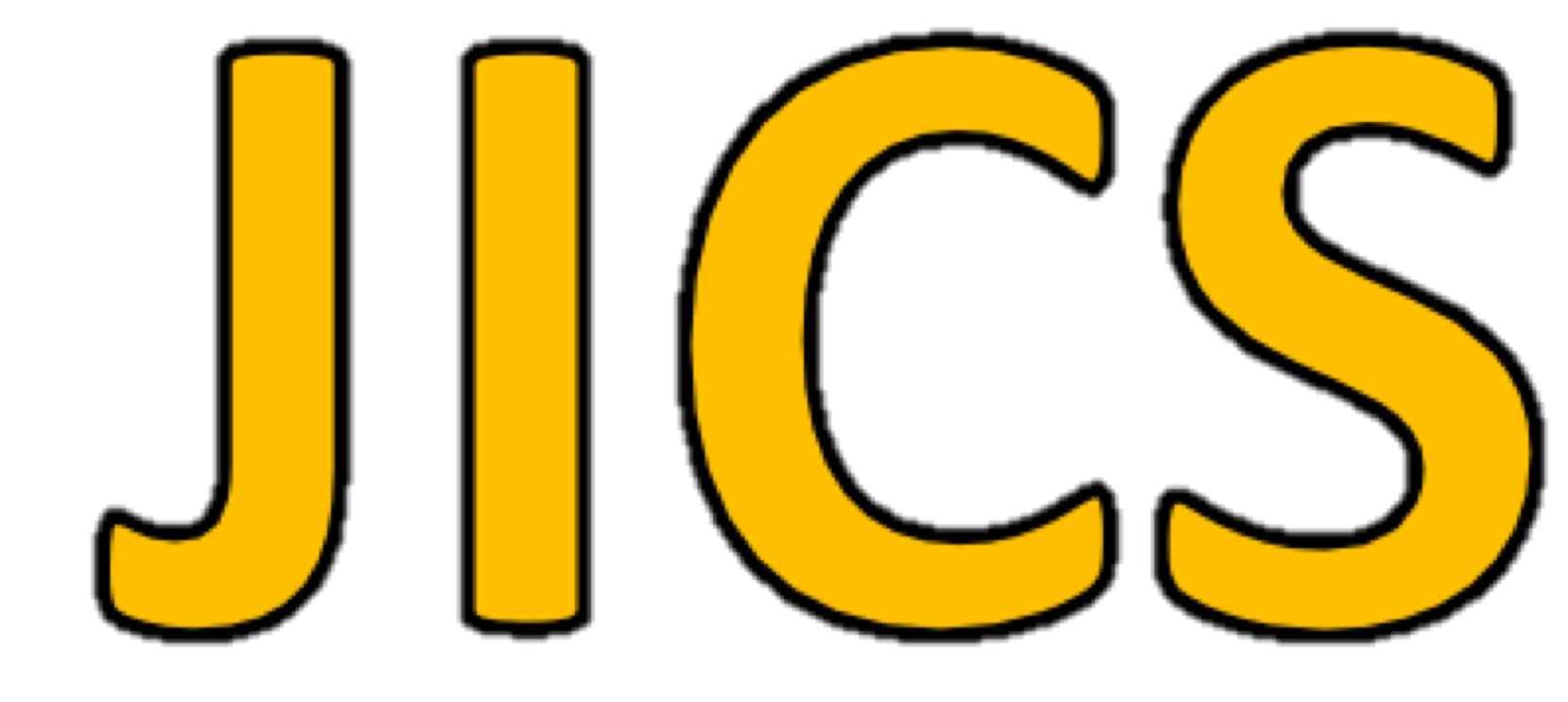Process Governance Meta Model and Framework
JungGyu Lee, Seung Ryul Jeong, Journal of Internet Computing and Services, Vol. 20, No. 4, pp. 63-72, Aug. 2019
Keywords: Process Governance, Organization Governance, Corporate Governance, Framework, IT Governance, Strategic Alignment Model, Business Governance
Abstract
Statistics
Show / Hide Statistics
Statistics (Cumulative Counts from November 1st, 2017)
Multiple requests among the same browser session are counted as one view.
If you mouse over a chart, the values of data points will be shown.
Statistics (Cumulative Counts from November 1st, 2017)
Multiple requests among the same browser session are counted as one view.
If you mouse over a chart, the values of data points will be shown.
|
|
Cite this article
[APA Style]
Lee, J. & Jeong, S. (2019). Process Governance Meta Model and Framework. Journal of Internet Computing and Services, 20(4), 63-72. DOI: 10.7472/jksii.2019.20.4.63.
[IEEE Style]
J. Lee and S. R. Jeong, "Process Governance Meta Model and Framework," Journal of Internet Computing and Services, vol. 20, no. 4, pp. 63-72, 2019. DOI: 10.7472/jksii.2019.20.4.63.
[ACM Style]
JungGyu Lee and Seung Ryul Jeong. 2019. Process Governance Meta Model and Framework. Journal of Internet Computing and Services, 20, 4, (2019), 63-72. DOI: 10.7472/jksii.2019.20.4.63.

